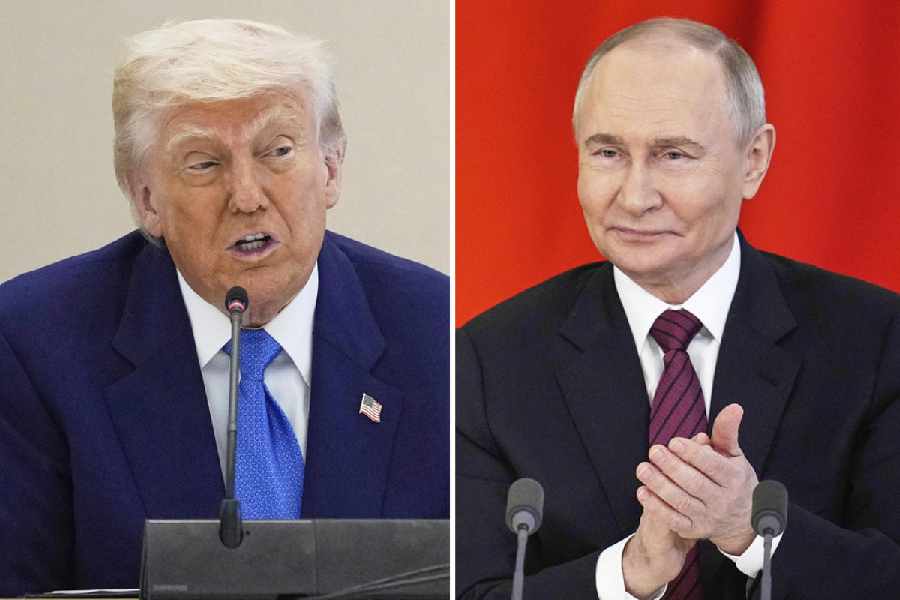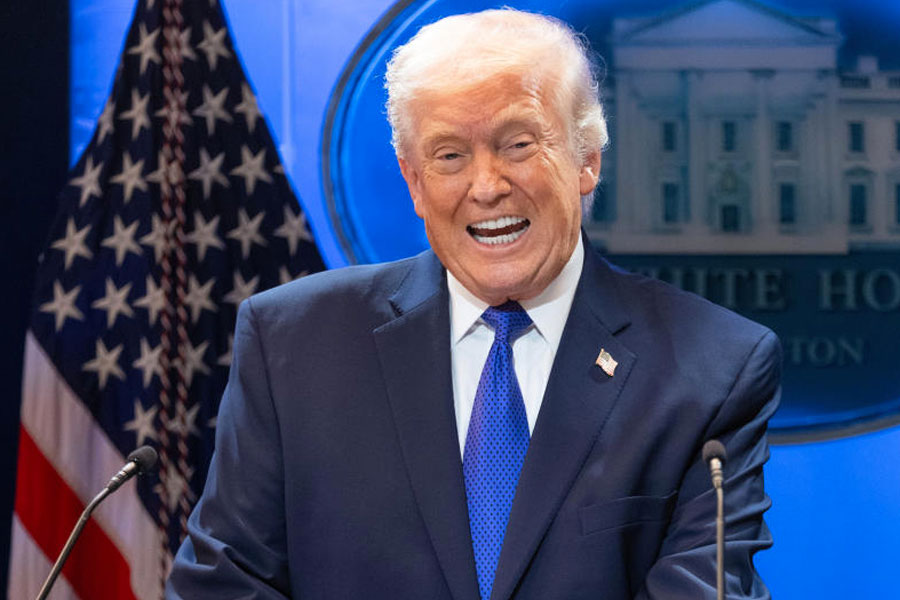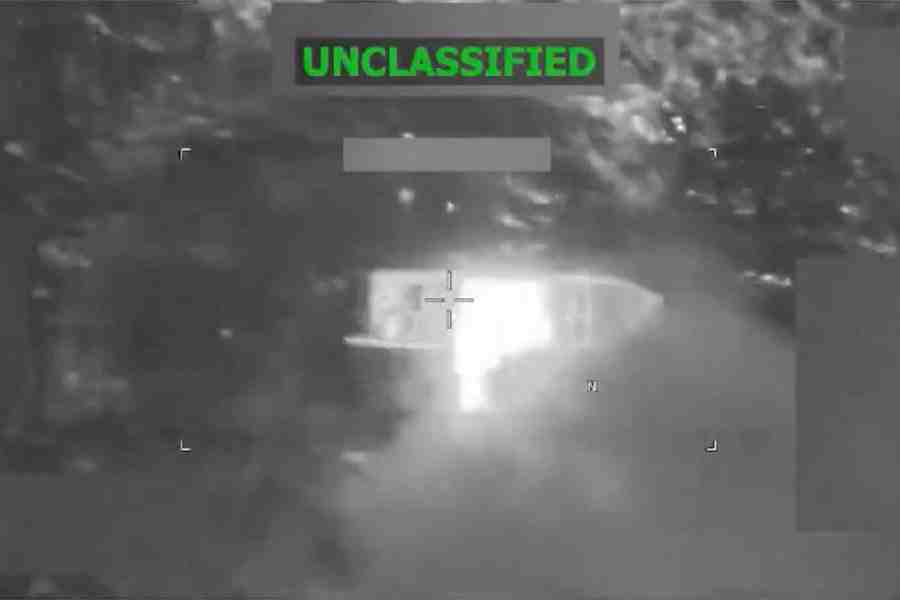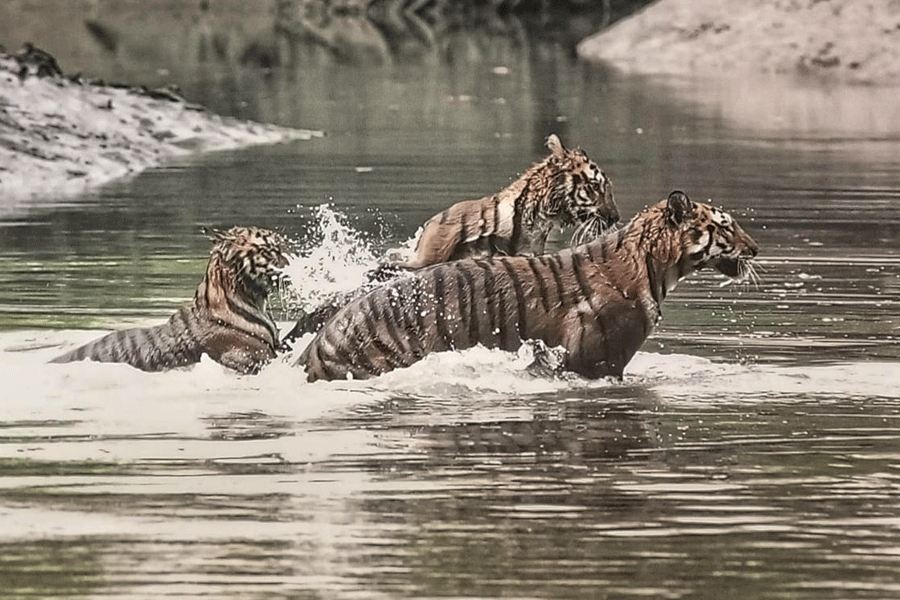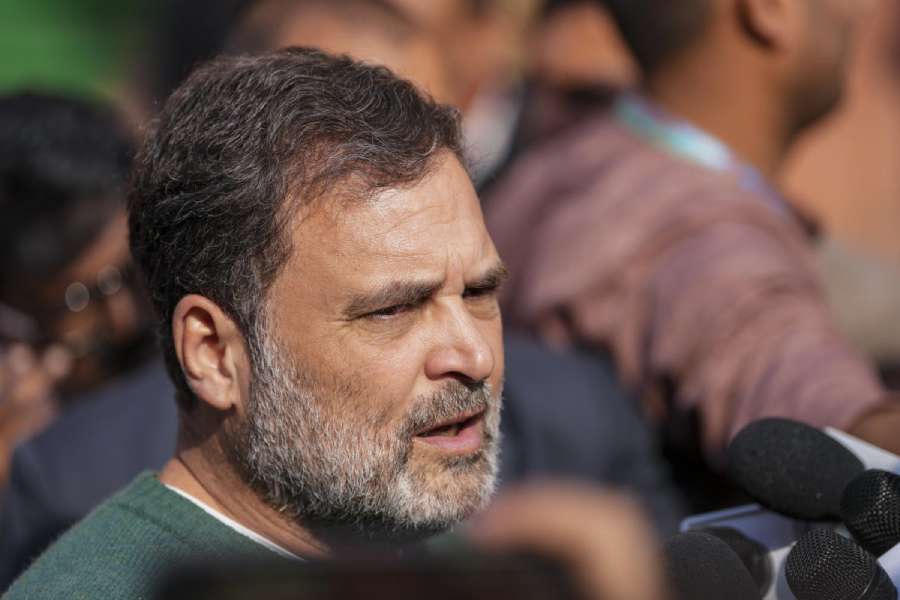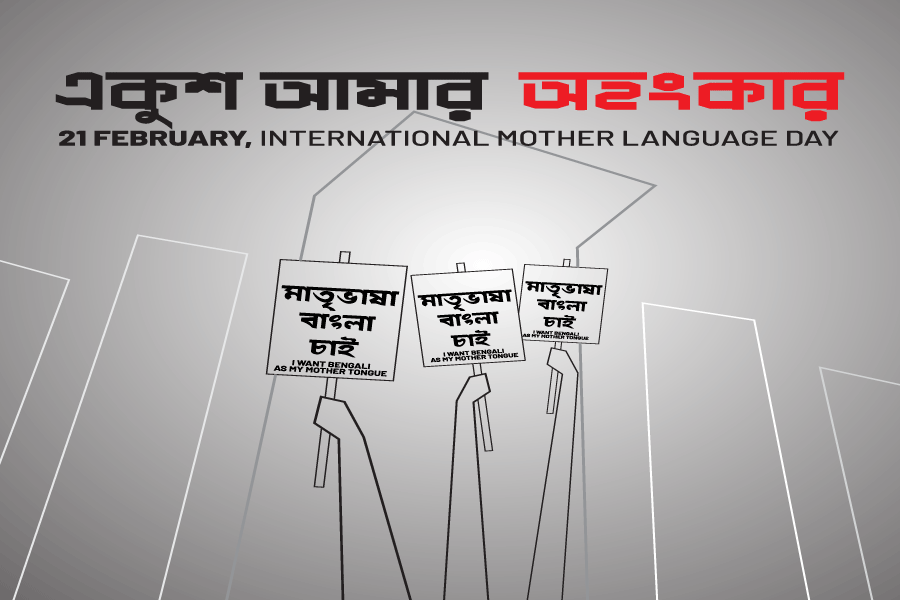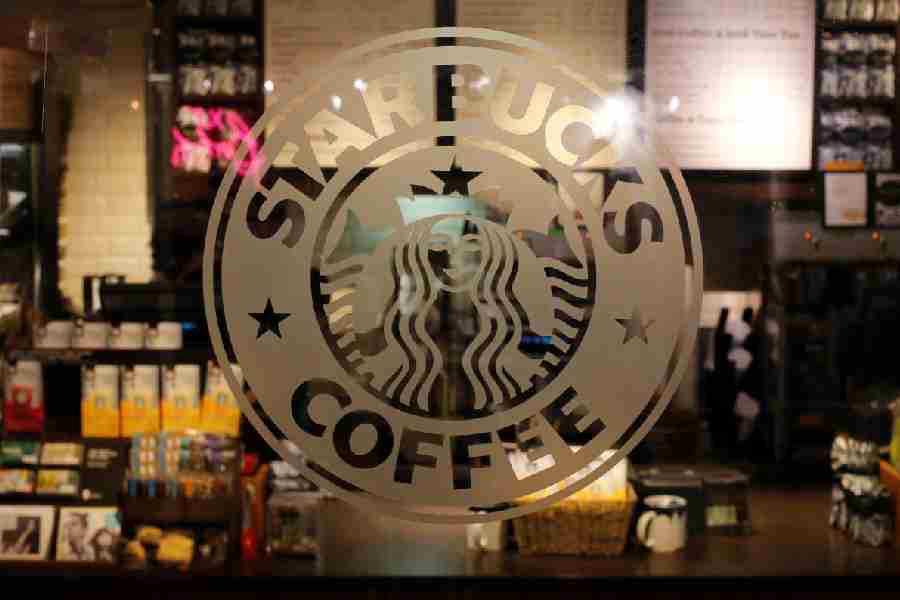US President Donald Trump has said he is disappointed but not done with Russian President Vladimir Putin, according to a BBC interview published on Tuesday.
In a 20-minute phone call with the BBC that Trump initiated after conversations about a potential interview to mark one year since the attempt on his life at a campaign rally in Butler, Pennsylvania, the President said he thought a Ukraine deal was on the cards with Russia four different times.
Asked by the BBC if he was done with Putin, Trump said: “I’m disappointed in him, but I’m not done with him. But I’m disappointed in him.”
Trump was speaking from the Oval Office hours after he threatened Russia with 100 per cent tariffs and “secondary tariffs” if Moscow did not agree to a deal to end the Ukraine war within 50 days.
Pressed by the BBC on how he would get Putin to “stop the bloodshed”, the US President said: “We’re working at it.”
“We’ll have a great conversation. I’ll say: ‘That’s good, I’ll think we’re close to getting it done,’ and then he’ll knock down a building in Kyiv,” Trump told the BBC about Putin.
Besides threatening Russia with severe tariffs, Trump had on Monday announced new weapons for Ukraine, a major policy shift brought on by frustration with Moscow’s ongoing attacks on its neighbour.
He told reporters that billions of dollars of US weapons, including the Patriot air defence missiles, would be sent to Ukraine via Nato and that Nato would pay for them.
Trump was speaking to reporters at the Oval Office, sitting beside Nato secretary-general Mark Rutte.
Very serious: Russia
The Kremlin said on Tuesday that Trump’s recent statements were serious and required analysis.
Kremlin spokesman Dmitry Peskov said: “The US President’s statements are very serious. Some of them are addressed personally to President Putin.”
“We certainly need time to analyse what was said in Washington. And if and when President Putin deems it necessary, he will definitely comment.”
Peskov continued, apparently referring to news of fresh weapons deliveries to Kyiv: “Decisions which are being made in Washington, in Nato countries, and squarely in Brussels, are perceived by the Ukrainian side not as a signal for peace, but as a signal to continue the war.”
He iterated that Russia was ready to continue direct negotiations with Ukraine and was still waiting for a signal from Kyiv on when the next talks could take place.
Former Russian President Dmitry Medvedev said in a post in English on X: “Trump issued a theatrical ultimatum to the Kremlin. The world shuddered, expecting the consequences. Belligerent Europe was disappointed. Russia didn’t care.”
Since returning to the White House promising a quick end to the war, Trump has sought rapprochement with Moscow, speaking several times with Putin. His administration has pulled back from pro-Ukrainian policies such as backing Kyiv’s membership in Nato and demanding Russia withdraw from all Ukrainian territory.
But Putin has yet to accept a proposal from Trump for an unconditional ceasefire, which was quickly endorsed by Kyiv. Recent days have seen Russia use hundreds of drones to attack Ukrainian cities.
During the BBC interview, the US President was asked whether he trusted the Russian leader. “I trust almost nobody,” Trump replied.
Nato shift
Trump expressed renewed support for the Nato alliance, having once described it as obsolete.
“I think Nato is now becoming the opposite of that (obsolete) because the alliance was paying their own bills,” he said. Trump found it “amazing” that Nato leaders had agreed to increase defence spending to 5 per cent of their economic output. “Nobody thought that was possible.”
He said he still believed in collective defence, because it meant smaller countries could defend themselves against larger ones.
Assassination bid
When the BBC interviewer asked Trump whether surviving the assassination attempt had changed him, the President said he liked to think about it as little as possible. “I don’t like to think about if it did change me,” Trump said. Dwelling on it, he added, “could be life-changing”.
UK support
Trump said he believed Britain would fight to defend the US but suggested he could not say the same for the EU, a factor in his decision not to sign a trade deal with the bloc.
“One of the problems with Nato, as I said, we have to fight for them, but will they actually fight for us if we had a war?” Trump said.
“And I’m not sure I can say it, but I will say this, I believe that the UK would fight with us,” he added. “I think that they would be with us. I’m not sure that a lot of the other countries would be.” Trump said this was a factor in his willingness to grant Britain some exemptions from his tariff programme. In contrast, he has threatened a 30 per cent tariff on European goods.
Domestic agenda
The President said he had done a “great job” on illegal crossings at the US-Mexico border, which have dropped to record lows in the first months of his second term. “I’ve done actually more than the promises that I’ve made,” he said.
Trump told the BBC that his administration was now focusing on identifying, detaining and deporting illegal migrants across the US.
Asked how many deportations would be considered a success, Trump said he would not “put a number” on it, adding: “I want to get the criminals out quickly, and we’re doing that.”
The President also praised his landmark tax and spending bill — which he refers to as “the one big beautiful bill”.
“We have the largest tax cuts in history,” he said.
Asked what he thought would define his legacy as President, Trump said: “Saving America.”

